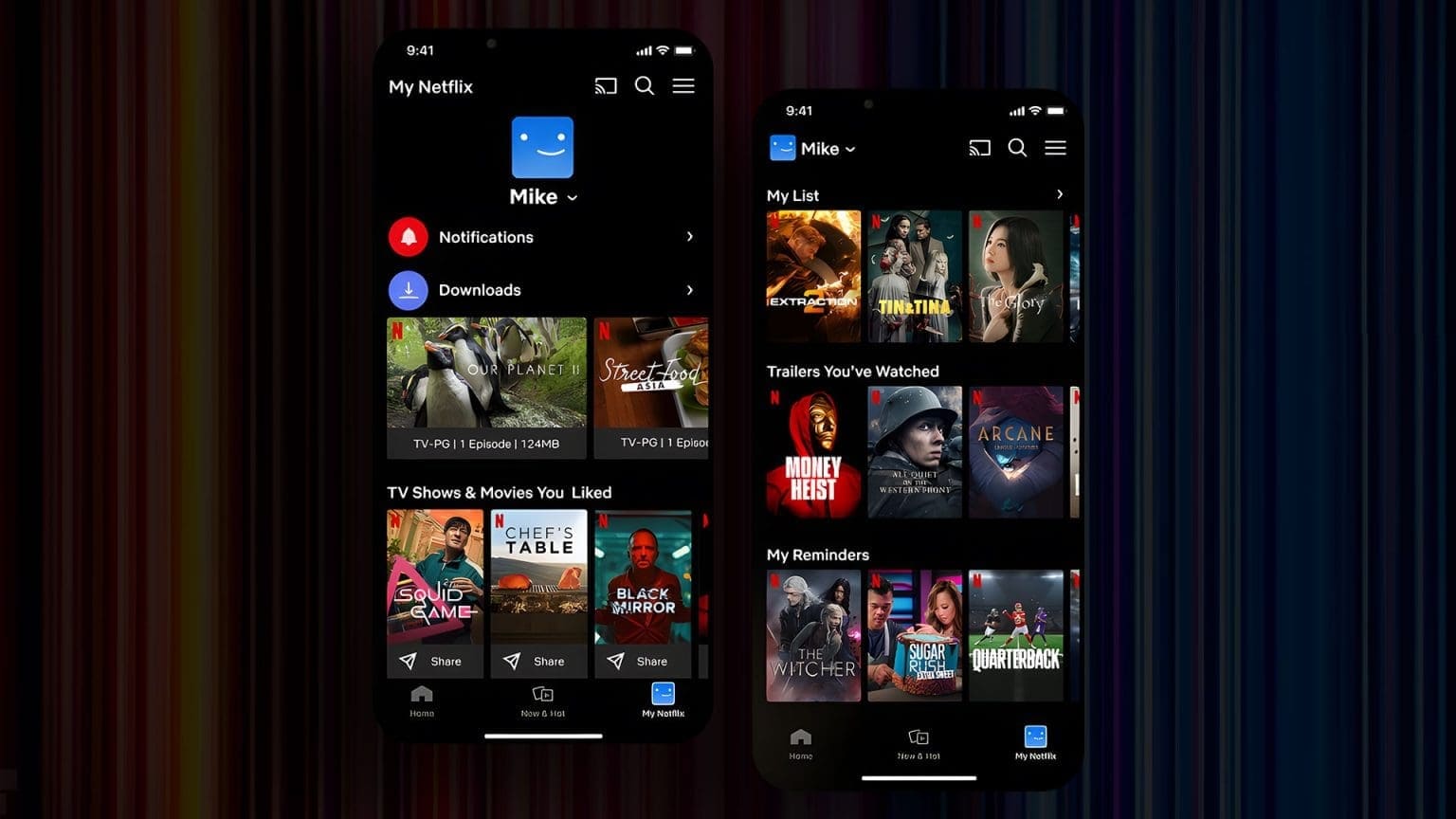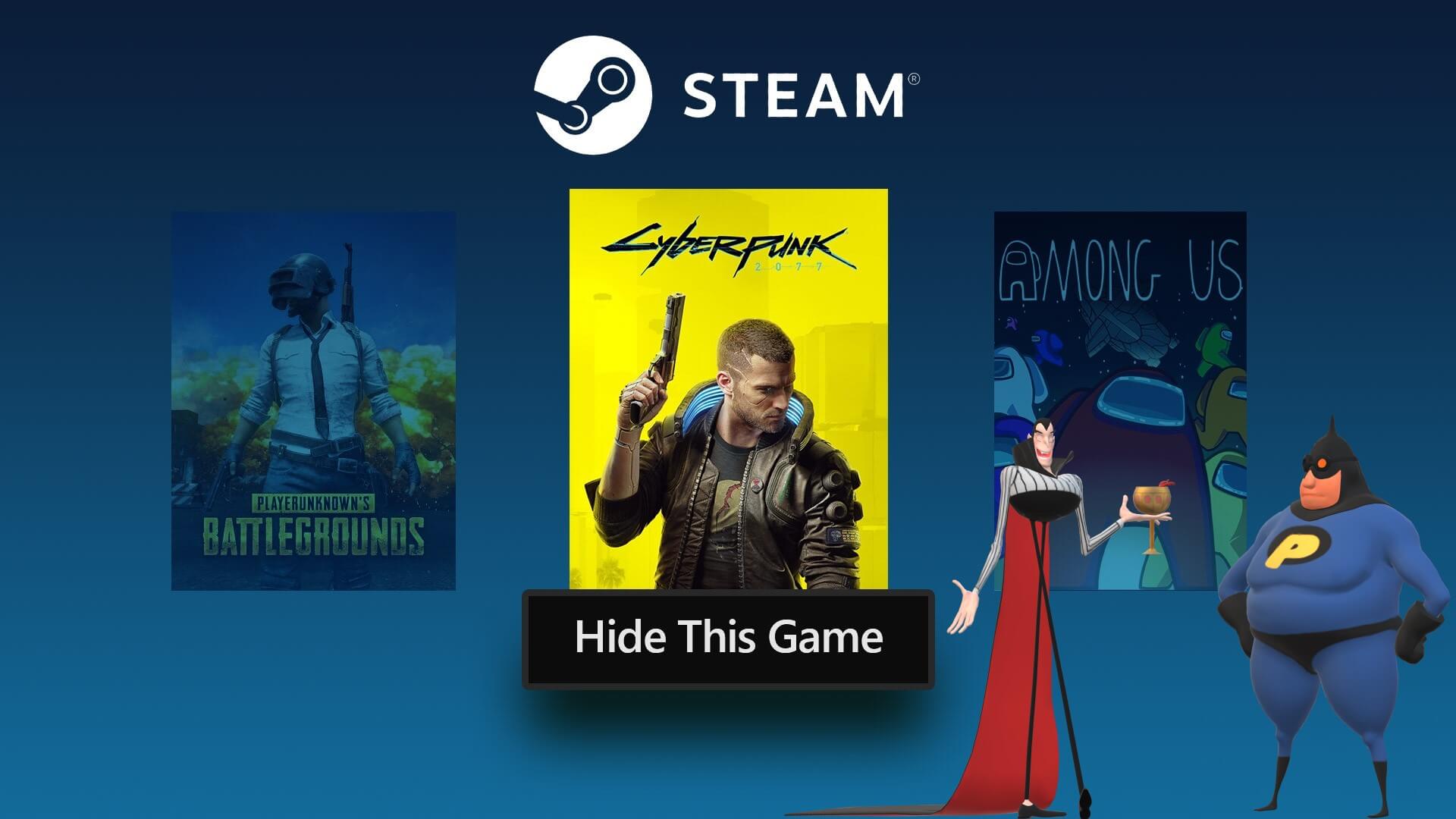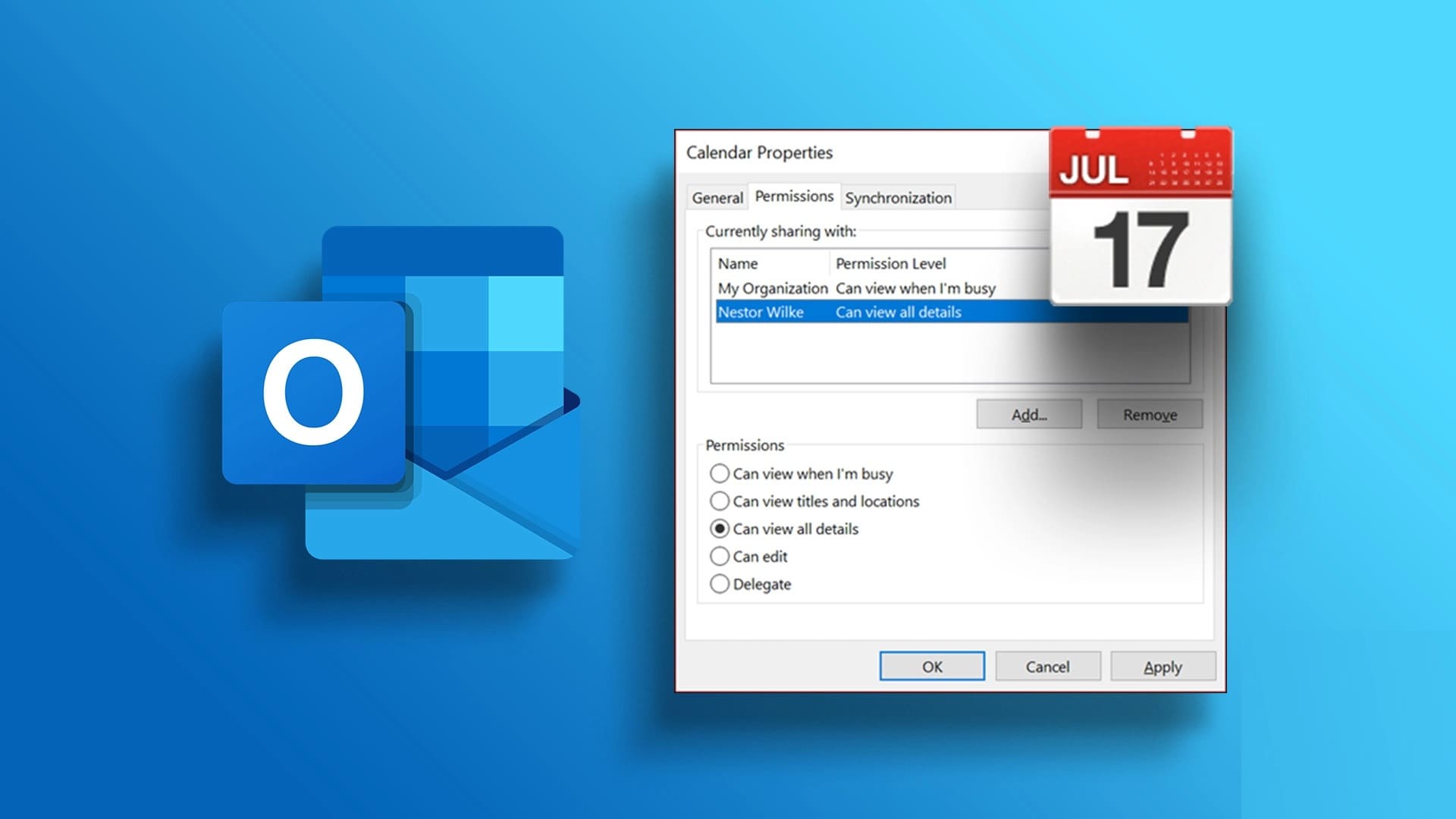Whether you're planning to build a gaming PC from scratch or upgrade an older system, you have more options than ever. Above all, remember that you're building a PC for the unique ways you'll use it. Therefore, there are some basic things to keep in mind before you start arranging parts.
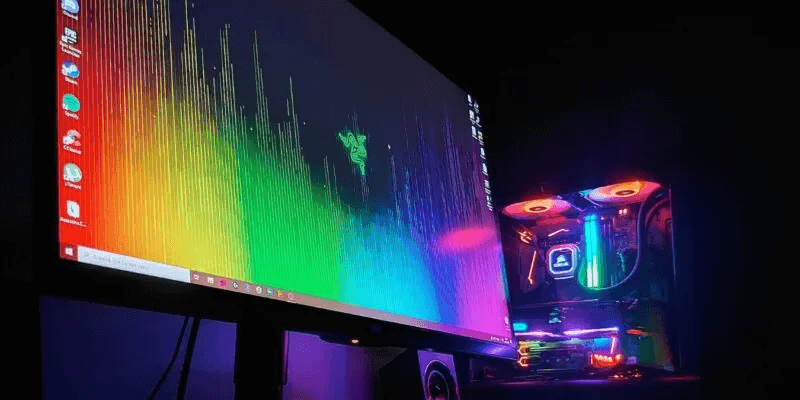
Advice: Those who have a computer with a CPU can AMD Ryzen Easily increase the speed of their RAM with AMD Ryzen Master.
1. Budget
How much are you willing to invest in this endeavor? They say you can never spend too much when building a computer. Fortunately, there's always a way to maximize value for money on any budget.

Provided you have at least $700 to $800 set aside for your machine, you can build a solid mid-range 1080p gaming PC that will last you for years to come. Sure, you'll need to make some trade-offs, but it's still possible to get a reasonably powerful machine within this budget.
On the other hand, if you have a bit more cash to spare, say around $1200 to $1400, you can really splurge on high-end components capable of high-performance 1440p and even 4K gaming.
2. Games you want to play
Consider the type of games you want to play. A PC for esports games like Counter-Strike: Global Offensive, League of Legends, or even Fortnite doesn't need to be as capable as a AAA game like Cyberpunk 2077, Dying Light 2, or Horizon Zero Dawn.
You should also consider the resolution you want to play your games at. For a long time, 1080p or Full HD gaming was the norm, but these days, 1440p or Quad HD gaming is the sweet spot for gamers in terms of image quality and performance.
Note: The higher you set your game resolution, the lower your performance will be.
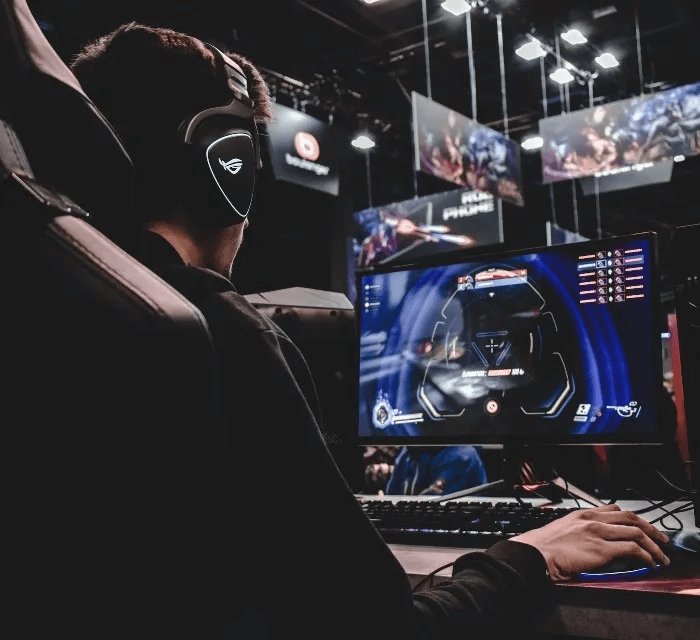
When it comes to performance, you need to consider the number of frames you need your computer to output. While many agree that 60 frames per second (FPS) should be the minimum standard for gaming these days, which may be sufficient for story-driven single-player games, you'll need as many FPS as possible for more competitive multiplayer games.
In short, there's a balance to be struck between resolution and frame rate. For gamers who aim for the highest possible frame rates, the financial investment in a computer will increase significantly.
3. Promotion path
The processor (CPU) and motherboard are two of the most important components of a computer. These systems determine which platform you purchase (Intel or AMD) and the potential upgrade path you'll take in the coming years.
It's often tempting to choose one brand over another simply based on personal preference or affordability. But you should consider your upgrade path before locking yourself into a platform for years.
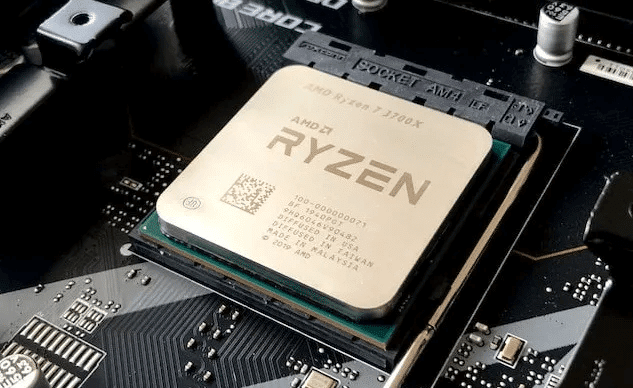
For example, Intel is widely known for updating its motherboard sockets almost every year, significantly limiting users' upgrade path. AMD has continued to release new CPUs for its AM4 platform nearly six years after its initial launch in 2016. The company has promised to support the new AM5 platform, launched in 2022, through 2025 and possibly beyond.
A long-lasting motherboard platform gives you plenty of options to unlock a new, more powerful CPU every two to three years. This can significantly reduce your overall PC investment compared to a platform that's updated every year.
4. Alternative uses
Gaming PCs pack a lot of horsepower, which naturally makes them ideal for many non-gaming scenarios, such as professional video editing, image processing, and online game streaming.
While gaming PCs are versatile machines, they need to be configured if you have additional uses in mind. For example, a 12-core, 12-thread processor will be more than enough for gaming-only builds, but for productive builds that require all the CPU power you can get, you may want to go with an XNUMX-core or even XNUMX-core processor for the best results. Furthermore, having additional memory or RAM will also improve performance on the machine you're using for productivity.
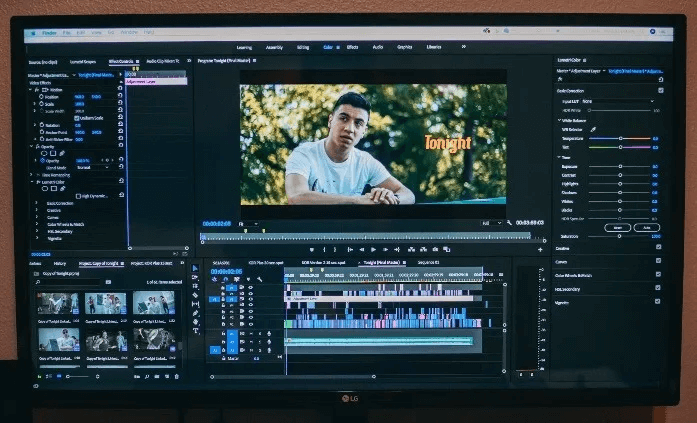
Finally, the GPU in a productivity build doesn't need to be the absolute best, but it should at least be powerful enough to keep up with the processor during graphics-intensive sessions.
5.GPU
Your computer's graphics card will single-handedly determine the type of performance you can expect from the games you play. Currently, the two major GPU manufacturers—NVIDIA and AMD—offer a wide range of graphics cards across several price points.
Depending on your budget, you can either get a high-end card like RTX 3080 From NVIDIA or RX 6800 XT From AMD or a mid-range card like RTX 3060 Ti Or RX 6700 XTThere are also low-cost cards such as: RTX 3050 و RX 6500But you'll have to limit your expectations at these price points.
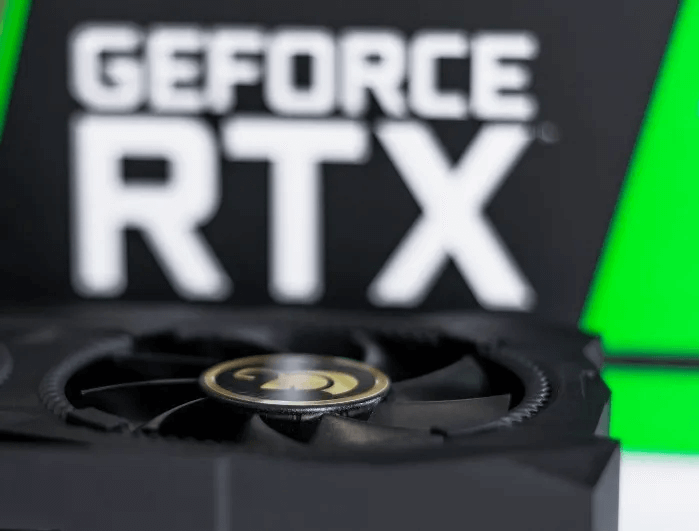
You can also opt for a previous-generation card to save some money. In addition to price points, factors such as raytracing support can also influence your choice of GPU. NVIDIA's RTX cards are generally known to be superior to AMD's offerings for games that support raytracing lighting, reflections, and shadow effects. Even NVIDIA's FPS-boosting technology is rated higher than AMD's.
However, if you prefer to focus on raw performance and save money, you should consider AMD's higher-end GPUs, which are much cheaper.
6. Storage
PC storage is one of those areas where it's easy to overspend. While there's no reason to opt for mechanical hard drives anymore, it's also unwise to spend hundreds of dollars on expensive Gen 4 or Gen 5 SSDs.
For most real-world scenarios like system boot-up or gaming, a Gen 3.0 (PCIe XNUMX) NVMe SSD is all you need for a smooth, fast experience. Sure, the latest Gen XNUMX or Gen XNUMX SSDs advertise blazing-fast speeds, but you'll rarely find a use case where you can feel that difference, except when copying multiple large files day after day.
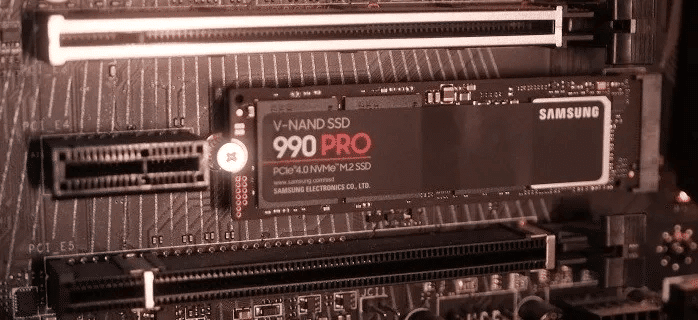
Therefore, as a general rule, a 500GB NVMe SSD under $50 should be sufficient for your operating system and a few games. If you have room in your budget, go for a 1TB solid-state drive. You can always get cheaper hard disk drives (HDDs) for secondary storage for your system.
7. Display and power supply
Achieving a certain frame rate at a certain resolution may depend solely on your GPU and CPU, but experiencing it in reality without a suitable monitor is simply not possible.
If you have a dated Full HD monitor with a 60Hz refresh rate, you won't experience a "high-end" gaming experience at all, regardless of the other components in your machine. This is where high refresh rate monitors come into play.
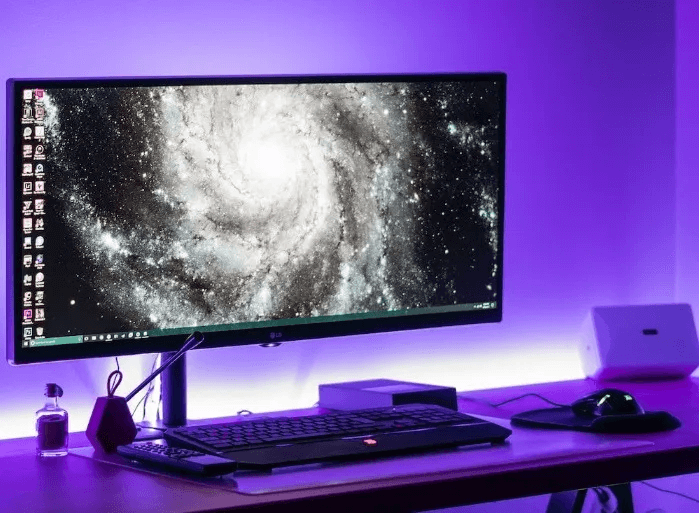
Over the past few years, 1440p 144Hz monitors have gained traction as the ideal balance between price and performance. They offer significantly higher image quality and refresh rates without the hefty price tag of high-refresh rate 4K monitors. Our ultimate monitor buying guide sheds more light on the various technologies involved in gaming and non-gaming monitors.
Another aspect that's often overlooked is choosing a good power supply. A cheap PSU from a no-name brand will often limit your system's capabilities—or worse, explode and die, taking many other components with it. Always choose an 80+ Bronze-rated unit with adequate wattage from a reputable manufacturer.
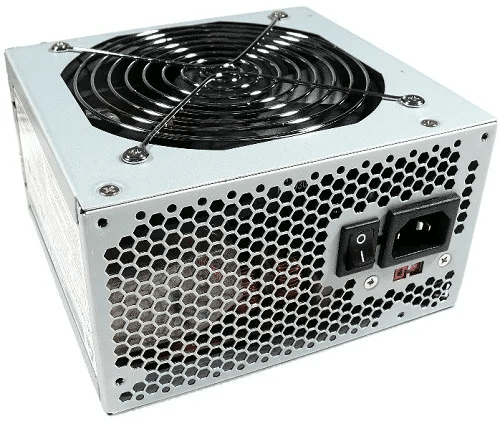
8. Aesthetics and size
A gaming PC should also look the part and perform like one. The case you choose to house your components determines not only the physical footprint of your PC but also its appearance. The aesthetics of your case are determined by color, RGB fans, build quality, and more.
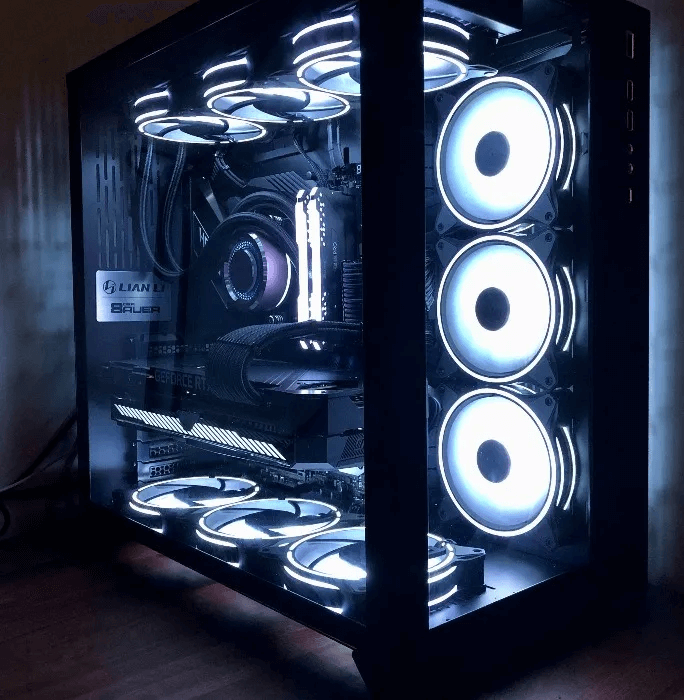
Gamers often leave the case choice for last, not doing as much research as other components. But your case goes beyond size and aesthetics. Cases with good airflow, cable management, and upgradeability can enhance your build experience and daily satisfaction. They also allow for future upgrades instead of worrying about replacing the case entirely.
For a more in-depth look at what makes a good PC case, read our guide on how to choose a PC case.
9. Used market
If your budget is more limited, you may want to consider looking at the used market. With the recent collapse in cryptocurrencies and new CPUs and GPUs from Intel, AMD, and NVIDIA, there's a flood of old products at great prices on sites like eBay و Craigslist و Facebook MarketplaceFor example, you can get a 3070 Ti on the website. eBay for $300 and the Ryzen 5 5600X for $113.
You may be hesitant to shop for used products, especially GPUs, considering they may have been used for cryptocurrency mining. But with eBay's buyer protection, you can rest assured that you'll get your money back if the product stops arriving.
Advice: Control what's going on under your PC's hood with fan controls for Windows.
Frequently Asked Questions
Q1: Is it cheaper to build or buy a gaming PC?
Answer: Building a gaming PC is usually cheaper than getting a pre-built one (for a specific configuration). Furthermore, building one can be a great experience and teach you a lot about computers. Additionally, you have complete control over the components and customization of your machine.
Q2: How many years can gaming PCs last?
The answer: A mid-range gaming PC with a modern 3060-core CPU and an RTX 8-like GPU can easily last you around three to four years, playing at medium to high settings. A high-end system with an 3070-core CPU and an RTX XNUMX Ti-like GPU will easily last more than five to six years before showing its age.
Q3: How difficult is it to build a gaming PC?
The answer: Building a gaming PC can be daunting if you've never done it before. The learning curve is steep, and researching computer components can take hours, if not days, before you're confident in your chosen configuration. If you're willing to invest the time and willing to learn a new skill, building a PC can be fun and save you money in the long run.




